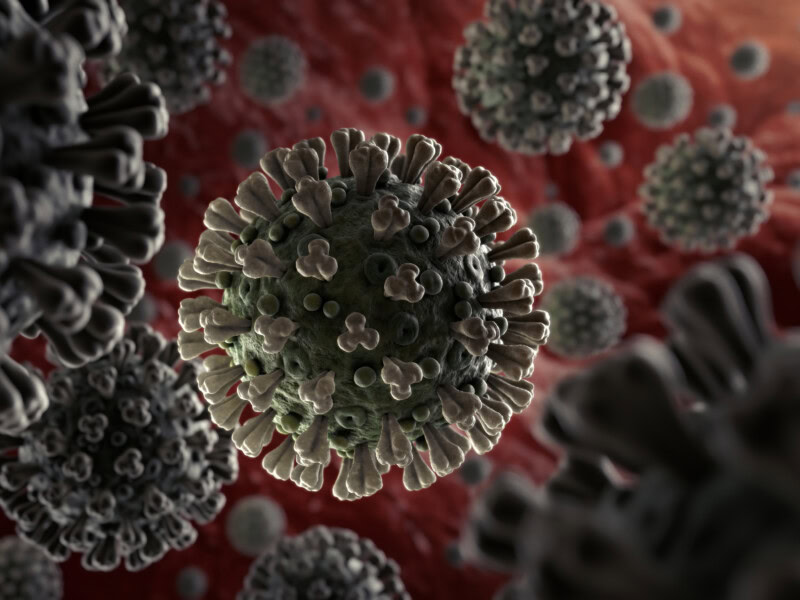It seems as if every coronavirus-related article we read these days details the potentially grave threat the delta variant poses in the battle to control COVID-19. But variants are nothing new. In fact, the CDC notes, “genetic variants of SARS-CoV-2 have been emerging and circulating around the world throughout the COVID-19 pandemic.” So, how is delta different than the other virus strains we’ve encountered? And how can we best protect ourselves against it? Our scientific experts are breaking down the latest research and guidance to help keep us safe:
When was delta discovered?
The World Health Organization first identified delta in India in December 2020. According to the CDC, it reached the U.S. in March 2021. Since then, it has become the nation’s dominant strain. In July, the CDC estimated delta is responsible for more than 80 percent of new COVID-19 cases.
What sets delta apart from other variants?
The CDC designated delta as a “variant of concern” due to its increased transmissibility. Because delta is more contagious, the CDC says it may cause more cases of COVID-19 and “put more strain on healthcare resources, lead to more hospitalizations, and potentially more deaths.”
Who is most likely to being infected by delta?
Currently, the delta variant is causing the highest spread and severe outcomes in places with low vaccination rates. Research shows being fully vaccinated against COVID-19 prevents against infection, severe illness, and hospitalization.
What’s the best protection against delta?
As the CDC says, delta has made it more urgent than ever for Americans to get vaccinated. In addition, the CDC is urging all individuals, whether vaccinated or not, to follow the proper health and safety guidance, which now includes wearing masks in public outdoor settings in areas of high transmission.
Does your workplace need assistance implementing protocols or procedures to help prevent and reduce the transmission of COVID-19? Contact our experts at webquestion@cteh.com.
Any scientific or medical information included in this article is current as of the date of publication; however, public health knowledge of COVID-19 is rapidly developing. Readers are advised to monitor national, state and local public health agencies for current recommendations regarding any infectious disease.




